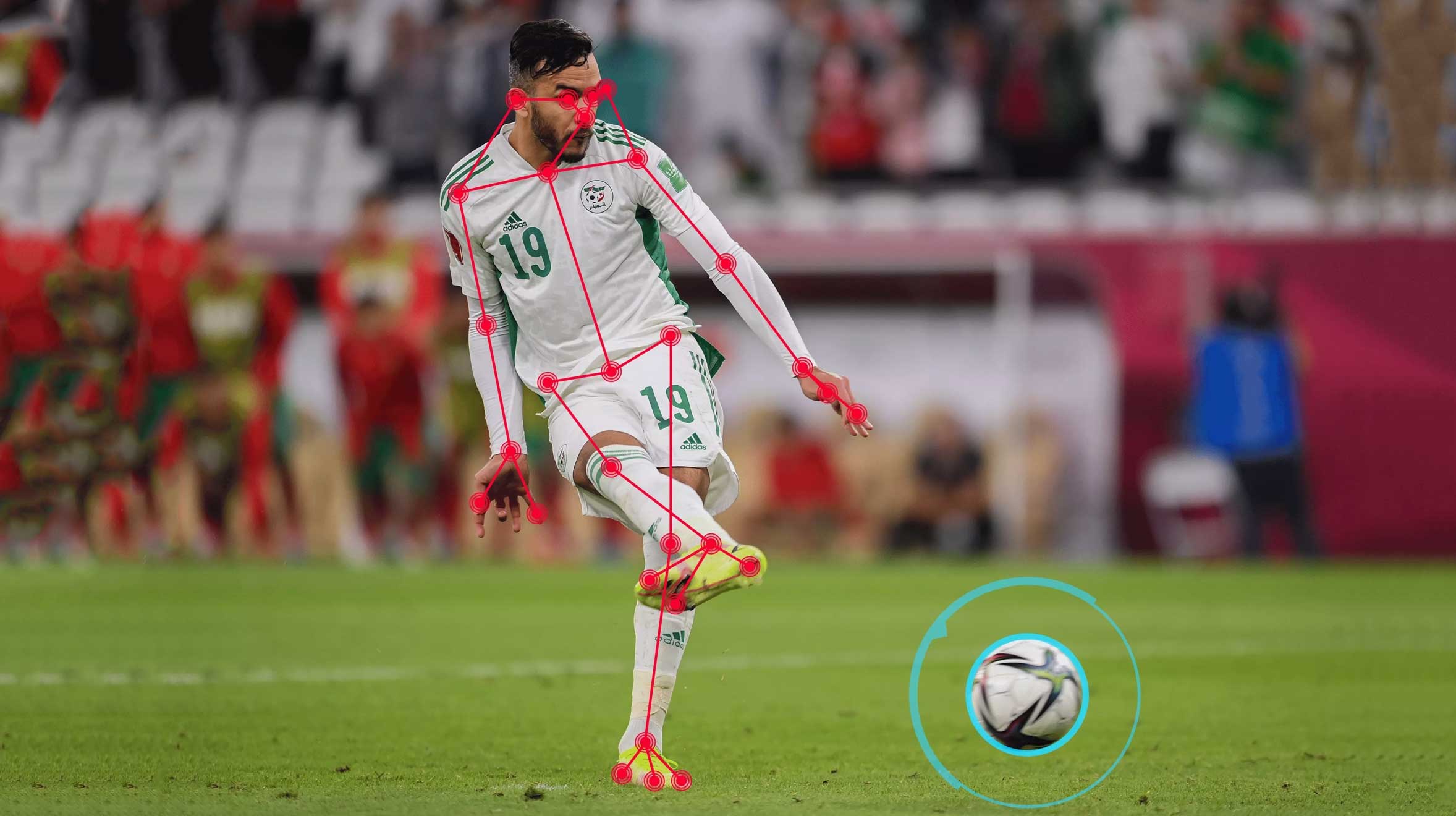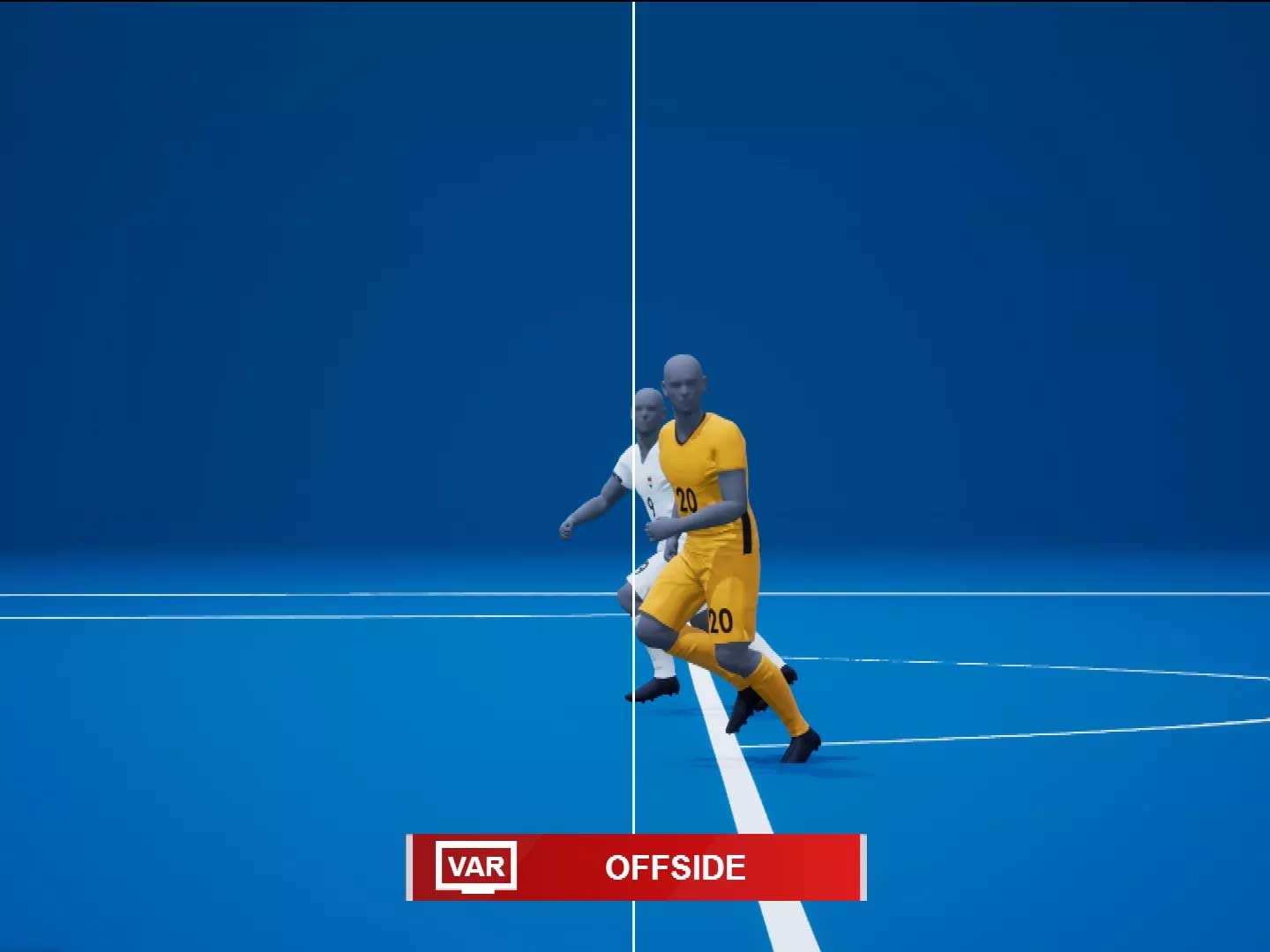
The 2022 FIFA World Cup is being held in Qatar, and according to the international football governing body, the iteration will be the most accurate, at least when it comes to offside calls.
Being offside in football (soccer) means that the player you’re passing the ball to has their head, body or feet beyond the second last player of the opposing team.
FIFA has announced that it will make use of AI-powered cameras scattered around stadiums that “track the ball and up to 29 data points of each individual player, 50 times per second, calculating their exact position on the pitch. The 29 collected data points include all limbs and extremities that are relevant for making offside calls.”
Additionally, the new World Cup Game ball — the Al Rihla Adidas ball — will aid the cameras in offside detection as it features an inertial measurement unit (IMU) sensor placed inside it. According to FIFA, this sensor sends ball position data to the video operation room 500 times per second, “allowing a very precise detection of the kick point” which can then be compared to the position of the receiving player to determine whether they were offside or not. “This process happens within a few seconds and means that offside decisions can be made faster and more accurately,” says FIFA.
After the video operation room has validated the call, the information is passed on to the on-field referees, and a 3D animation of the offside call is recreated, as seen in the screenshot above. According to FIFA, “This 3D animation, which will always show the best possible perspectives for an offside situation, will then be shown on the giant screens in the stadium and will also be made available to FIFA’s broadcast partners to inform all spectators in the clearest possible way.”
Learn more about the new semi-automated offside technology here.
Image credit: FIFA
Source: FIFA
MobileSyrup may earn a commission from purchases made via our links, which helps fund the journalism we provide free on our website. These links do not influence our editorial content. Support us here.



